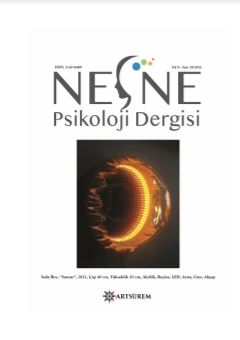Priming Effects for the Unexpected Stimulus in Inattentional Blindness
Priming Effects for the Unexpected Stimulus in Inattentional Blindness
Author(s): Merve Çakar, Simay İkierSubject(s): Psychology, Cognitive Psychology, Experimental Pschology, Health and medicine and law
Published by: Sanat ve Dil Araştırmaları Enstitüsü
Keywords: inattentional blindness; priming; consciousness; perceptual processing; semantic processing;
Summary/Abstract: Studies on inattentional blindness demonstrate that a stimulus that unexpectedly appears in the visual environment may be undetected when attention is engaged in a task. The stimulus can still be processed and remembered at the perceptual and semantic level. The question of whether this is still the case when there are items to be ignored in the visual environment remains. In the present study investigating this question, participants attended to furniture pictures while they ignored other pictures. In the inattention trial, an unexpected word appeared in the middle of the circular display. Participants blind to the word were compared to ones who were not exposed to the word. In Experiment 1, participants were more likely to complete a word fragment with this word than the ones who were not exposed to the word. In Experiment 2, participants were more likely to choose the picture of this word than the ones who were not exposed to the word. These studies show that the undetected unexpected stimulus is processed at the perceptual and semantic level and produces priming effects on a subsequent task. Findings were discussed with regards to the possible memory correlates of undetected visual information and levels of consciousness.
Journal: Nesne-Psikoloji Dergisi
- Issue Year: 9/2021
- Issue No: 19
- Page Range: 19-28
- Page Count: 10
- Language: English

